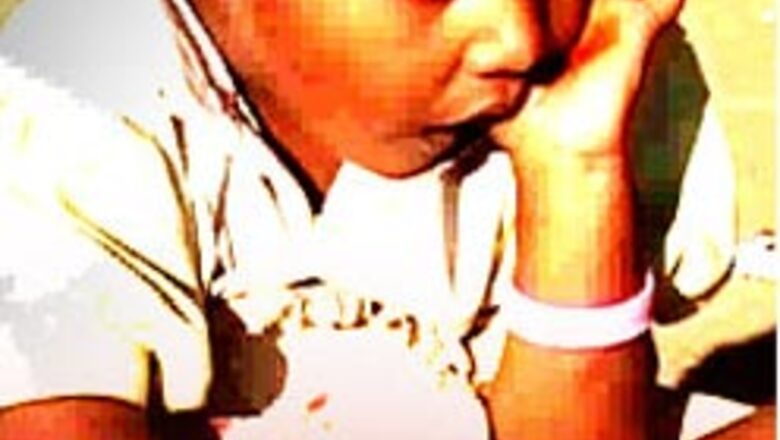
views
New Delhi: Seven thousand fewer girls are born in India each day than the global average would suggest, largely because female foetuses are aborted after sex determination tests, the United Nations Children's Fund (UNICEF) said on Tuesday.
The problem of female foeticide has significantly worsened since 1991, UNICEF said at the India launch of its "State of the World's Children 2007" report.
Out of 71,000 children born every day in India, just 31,000 are girls - giving a sex ratio of 882 girls to 1,000 boys.
But the global sex ratio - which is 954 girls to 1,000 boys - suggests that 38,000 girls should be born in India every day.
Despite laws banning sex determination tests, female foeticide is common in much of India, where families view boys as being a better asset than girls.
"Modern diagnostic techniques for monitoring the health of a foetus, such as amniocentesis and ultrasound, have made it possible to ascertain sex in the earliest phase of gestation," the report stated.
"In countries where there is a strong preference for sons, these newer, sophisticated technologies can be misused, facilitating female foeticide." Social activists say local authorities have been slow to implement legislation that has been in force since 1996.
There has been only one conviction from hundreds of cases lodged under the Pre-natal Diagnostic Techniques Act (PNDT).
UNICEF says India is one of the few countries worldwide with an adverse child sex ratio in favour of boys. In 80 per cent of India's districts, UN officials say the situation is getting worse.
For example, in 14 districts across Haryana and Punjab, there are even fewer than 800 girls per 1,000 boys.
After birth, discrimination continues against girls in India, UNICEF said, limiting their access to nutrition, healthcare, education and maternal care.
Only 67.7 per cent of females between the ages of 15 to 24 are literate in India, compared to 84.2 per cent of males, and against 98.5 per cent of women of the same age group in China.
Around 45 per cent of Indian women are still being forced into marriage before the age of 18 in violation of the law.
That in turn contributes to high rates of maternal mortality, with one woman dying every seven minutes in India from a pregnancy related cause. "Premature pregnancy and motherhood are an inevitable consequence of child marriage," the report said.
"Girls under 15 are five times more likely to die during pregnancy and childbirth than women in their twenties."




















Comments
0 comment